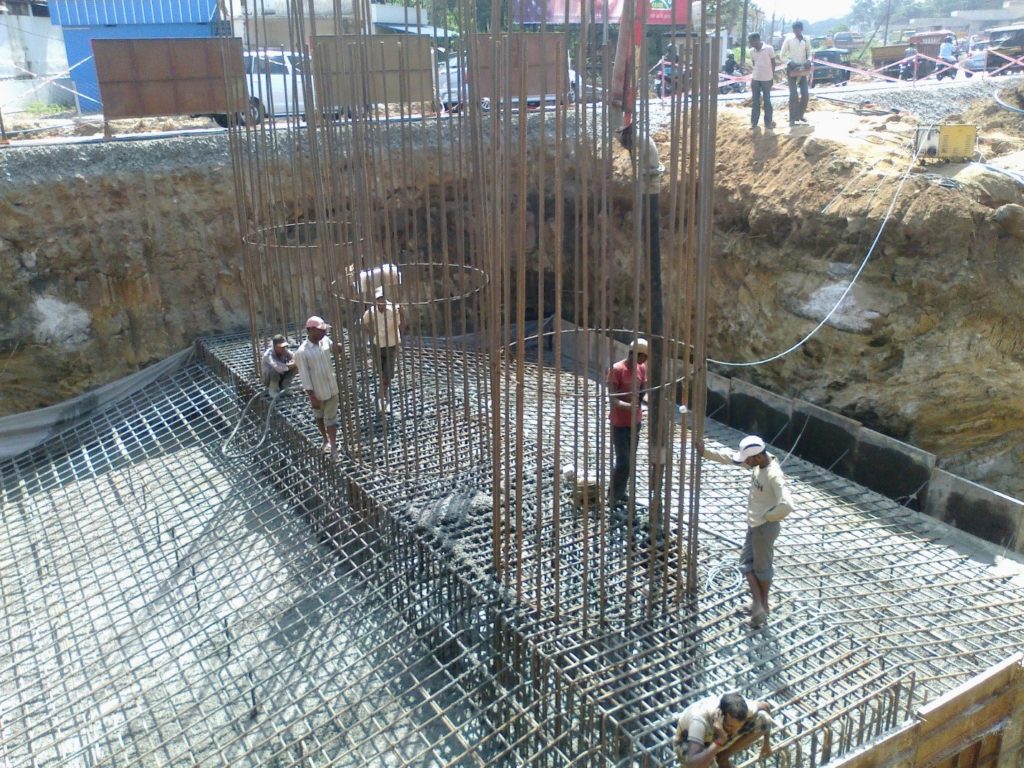 NEW DELHI – The sad story of 3,500 Indian construction workers in Kuwait began in June 2016. They had been working for the Karafi National Company on the construction of major infrastructure projects. The Kuwaiti-based company is engaged in infrastructure development, construction, fabrication services, and facilities management in Egypt, Lebanon, and the United Arab Emirates.
NEW DELHI – The sad story of 3,500 Indian construction workers in Kuwait began in June 2016. They had been working for the Karafi National Company on the construction of major infrastructure projects. The Kuwaiti-based company is engaged in infrastructure development, construction, fabrication services, and facilities management in Egypt, Lebanon, and the United Arab Emirates.
It was in June 2016 that Karafi notified the Indian workers that they no longer had jobs due to a lack of work. The workers found themselves stranded with jobs or paychecks for the work they had already done. The company told them that it did not have the financial resources to pay them because it had no projects to create revenue.
With no wages, they had no means to return to their homes in Gujarat, Uttar Pradesh, West Bengal, Nihar, Rajasthan, Andhra Pradesh, and Telangana. Nor did they have the means to support their families at home. In fact, they had no means of paying for food, lodging, or other necessities.
Making matters worse, the workers’ visas expired during the time they waited to be paid, and the company was in possession of their passports. Therefore, they were technically in the country illegally and potentially subject to paying substantial fines before being allowed to leave the country.
When the aggrieved workers began protesting and publically pleading for their money, the company housed them in a camp 60km away. One of the men explained, “We do not have money to travel daily to the office to plead our case. The only thing we can do is sit here, sleep here and wait till our plea is considered. But no one seems to be bothered.”
Today the Embassy of India announced that the Public Authority of Manpower has arranged for the compensation of 710 of the workers who have already returned to India. Each person will receive 250 Kuwaiti Dinar (₹56,900) from the Kuwaiti Ministry of Social Affairs and Labor. Those who qualified for this compensation left Kuwait between 1 November 2017 and 22 April 2018.
Hopefully, this is just the first tranche of disbursements for these aggrieved workers.
Sources:
- The News Minute, 710 Indian workers rescued from Kuwait to be compensated, says Indian Embassy
- Embassy of India in Kuwait, Announcement for former Indian workers (already left Kuwait) of Kharafi National Company
- India Today, Hope for 3,500 Indian workers stranded in Kuwait
- The Times of India, 2,000 unpaid Indian workers stranded in Kuwait
Image Source:
- By Arkarjun [CC BY-SA 3.0], from Wikimedia Commons




